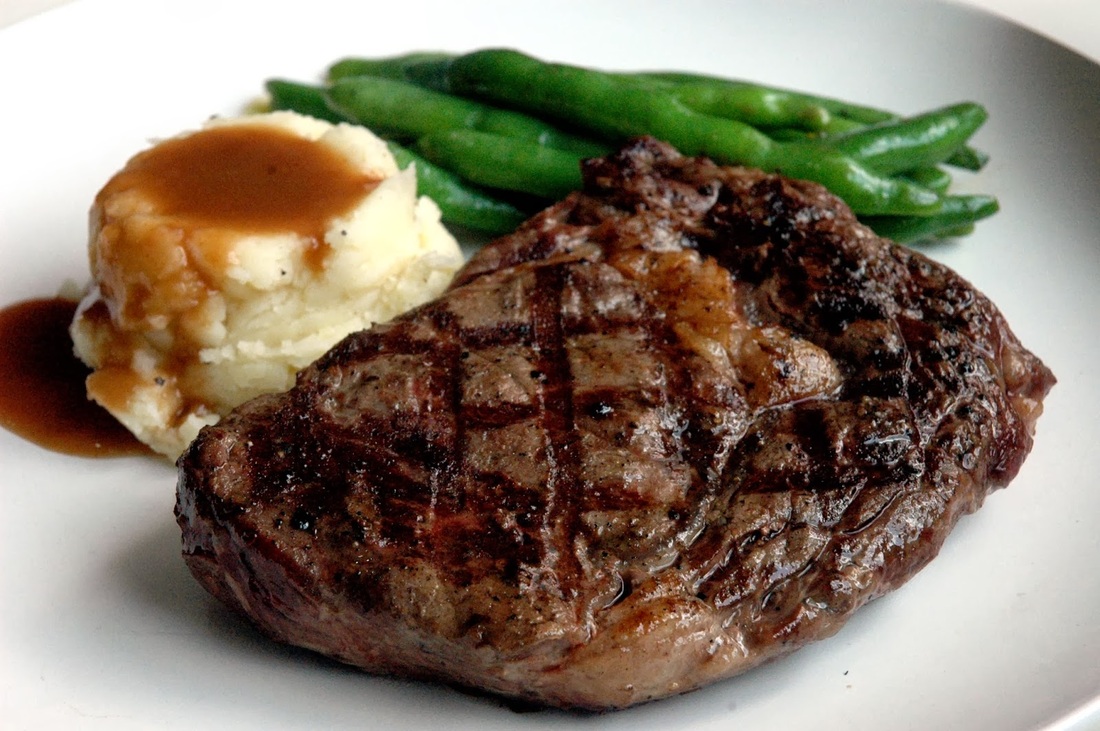Most times people dine out, the chef is never seen. Food is ordered and appears in the fullness of time. The people one interacts with in most restaurants, cafes or diners are those at the front-of-house. Sadly these folk are often part of an under-investment restaurateurs make, probably as a means of containing costs.
Waiting staff take orders, deliver cutlery and ordered food, enquire whether everything is to one’s satisfaction, and clear away used crockery and implements. “But isn’t that what they’re supposed to do? What’s your point, Brett?”
My point is that in many cases waiting staff could do much more than they do to engage diners. For instance they should know and volunteer what the specials are. Indeed they should be able to offer an opinion about the specials and everything else on the menu for that matter, if asked. They should look like they care about what they’re supposed to be doing.
How many front-of-house staff have eaten food that comes from the kitchen they’re delivering it from? How many chefs do tastings for waiting staff and other employees so they are personally familiar with it? I suspect very few.
More restaurants these days appear to be liquor licensed than are unlicensed. Continuing my line about product familiarity, how many waiting staff are able to recommend wine matches for the food that diners may have ordered, or have access to a maitre d’ or similar person to whom such enquiries may be directed?
Yes, delicious, alluring food on a plate is an essential part of a memorable dining experience. But I believe that the real sizzle comes from the interaction diners have with those charged with attending to their at-table needs. I guess I’m a sucker for a bit of charm. I love being sold to. I really miss that when my dining needs are attended to with bland, ruthless efficiency, particularly by humourless table staff.
I have a few pet hates about paint-by-numbers table service. These include getting my cutlery wrapped tightly in a paper napkin; having to enquire about the specials; having to get up and provide my own water; not being offered bread; not being offered more beverages as glasses empty; and getting my used plate and cutlery whisked away before everybody else on the table has finished dining – am I supposed to use my fingers to help my partner complete her meal? Desserts may not have been ordered at the start of the meal but that may not mean they aren’t sought at the end. And so it goes.
I believe that quality front-of-house service should be recognised, rewarded and celebrated. It is in other countries. Not that I’m a fan of tipping, but major restaurants in foreign cities sometimes tender their maitre d’ positions – the incumbent pays the owner for the privilege of caring for diners, whereas the chef is either on the owner’s payroll, or is the owner and pockets the profits.
As part of a process of recognition and reward, a reality television producer may like to consider a “New Zealand’s Top Waiter” series, or some sort of dining experience assessment that undercover diners perform, perhaps with Go Pro™ cameras attached to their heads or somewhere more discreet so as to not give the game away. I’d probably watch one series until the concept became as worn and tired as Gordon Ramsey.

 RSS Feed
RSS Feed